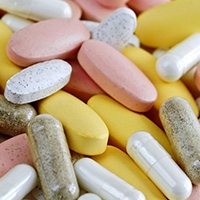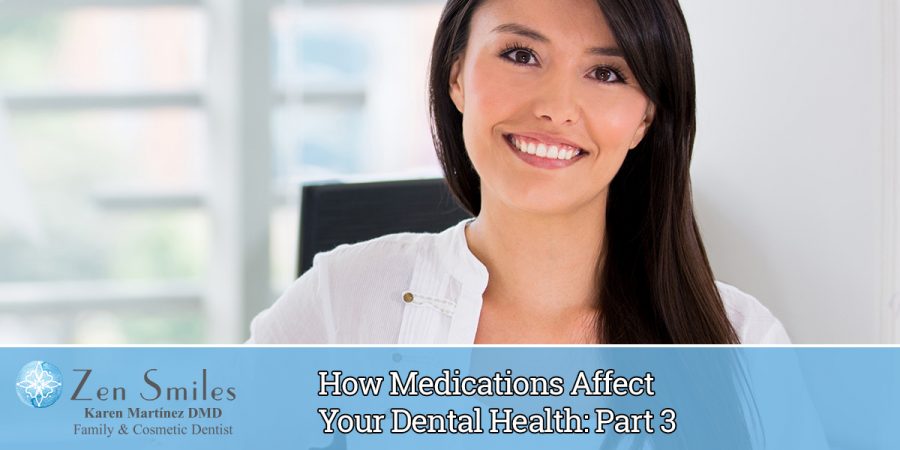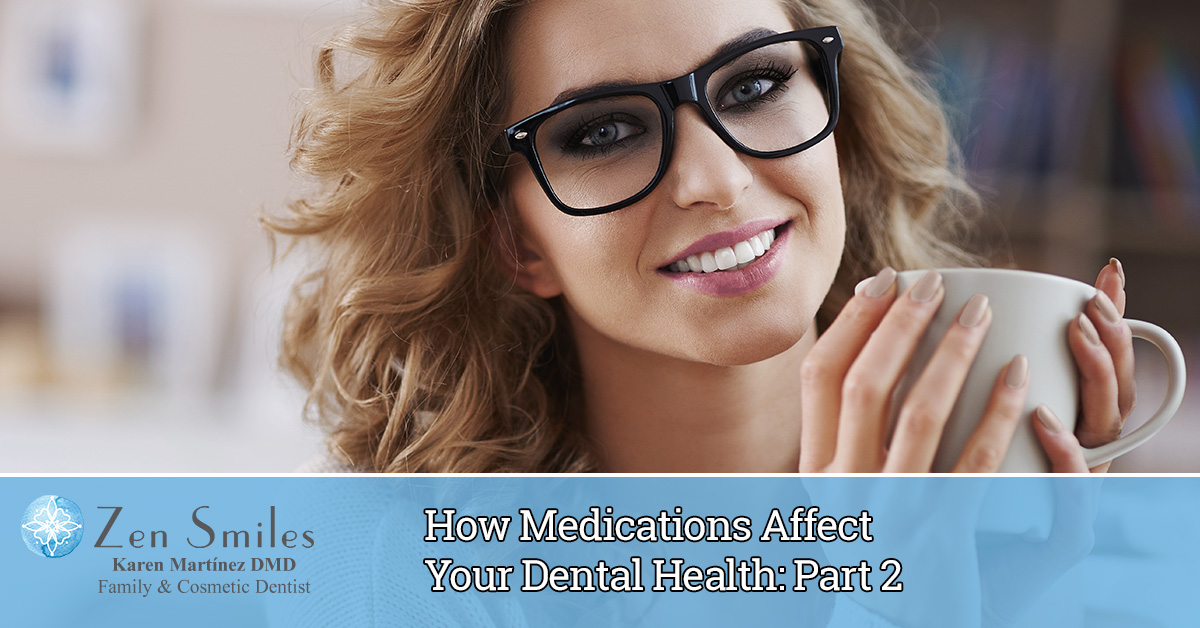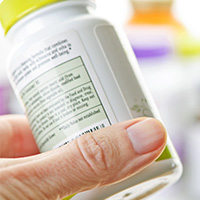In parts one and two in how medications can affect your dental health, we learned that proper dental health begins with the small things before aesthetic dentistry can be examined. It was also noted that over 70 percent of Americans are on at least one doctor-prescribed medication. While pharmaceuticals can be advantageous in certain situations, they can also be the culprit of poor dental health, as they lead to dry mouth, enamel erosion, inflammation, altered tastes, and mouth sores.
At Zen Smiles, we want our patients to be educated and informed on all the areas that can affect their dental health, including medications. In part two, we’ll dive in to more specific medications that can harm your teeth.
Medications and Tooth Erosion
In part one, we looked at how decongestants, antihistamines, and antidepressants can cause tooth decay, and there a few more that can be noted.
- Antacids – If you suffer from acid reflux or heartburn, the stomach acid alone that bubbles up can cause teeth erosion; however, counterintuitively, antacids can also be used to treat it. The main culprit that leads to tooth decay, is from the sugar that is present in the chewable and liquid forms of antacids. The best course of action is to stick with an antacid with a sugar-alternative, or one that you can swallow.
- Pain medications – If you have acute or chronic pain, treating it is often your first priority because its effects can be debilitating. Pain medications, however, can cause tooth erosion because they produce dry-mouth. Opioids, one of the most prescribed pharmaceuticals for pain, are notorious for causing tooth erosion and tooth decay over prolonged usage. Aspirin, while it may not cause tooth erosion, it will move your teeth and be a possible cause of bleeding gums.
Medications and Altered Tastes
Believe it or not, that bitter or metallic taste you’ve been experiencing may be related to certain medications you’re taking. Medications can be the culprit for altering the way things taste, including:
- Cardiovascular drugs (calcium channel blockers and beta blockers)
- Stimulants related to the central nervous system
- Metronidazole (Flagyl, an antibiotic)
- Nicotine patches
- Certain respiratory inhalants
Medications and Soft Tissue Issues
 Soft tissue issues are anything that causes mouth sores, discoloration, or inflammation in your mouth. The following prescribed medications have been indicated to cause soft tissue reactions:
Soft tissue issues are anything that causes mouth sores, discoloration, or inflammation in your mouth. The following prescribed medications have been indicated to cause soft tissue reactions:
- Oral contraceptives
- Chemotherapy drugs
- Immunosuppressive drugs
- Blood pressure medications
Medications and Gingival Overgrowth
There are medications that can cause your gums to swell, and they include:
- Calcium channel blockers
- Immunosuppressive drugs
- Anti-seizure medications
Medications and Thrush
Thrush is a bacterial overgrowth in your mouth or an oral yeast infection caused by a fungus called candida. It can appear as lesions on the tongue and mouth or a white coat on your tongue. Medications that can cause thrush include:
- Chemotherapy drugs
- Steroids
- Antibiotics
In today’s post, we’ve found that many medications can affect your oral health and many of them in different areas. Medications not only affect tooth erosion but they also can alter your taste, cause soft tissue reactions, gingival overgrowth, and thrush.




 In addition to decongestants, antihistamines, and antidepressants that we covered in part one, here are a few more medications that can cause dry mouth.
In addition to decongestants, antihistamines, and antidepressants that we covered in part one, here are a few more medications that can cause dry mouth.
Recent Comments